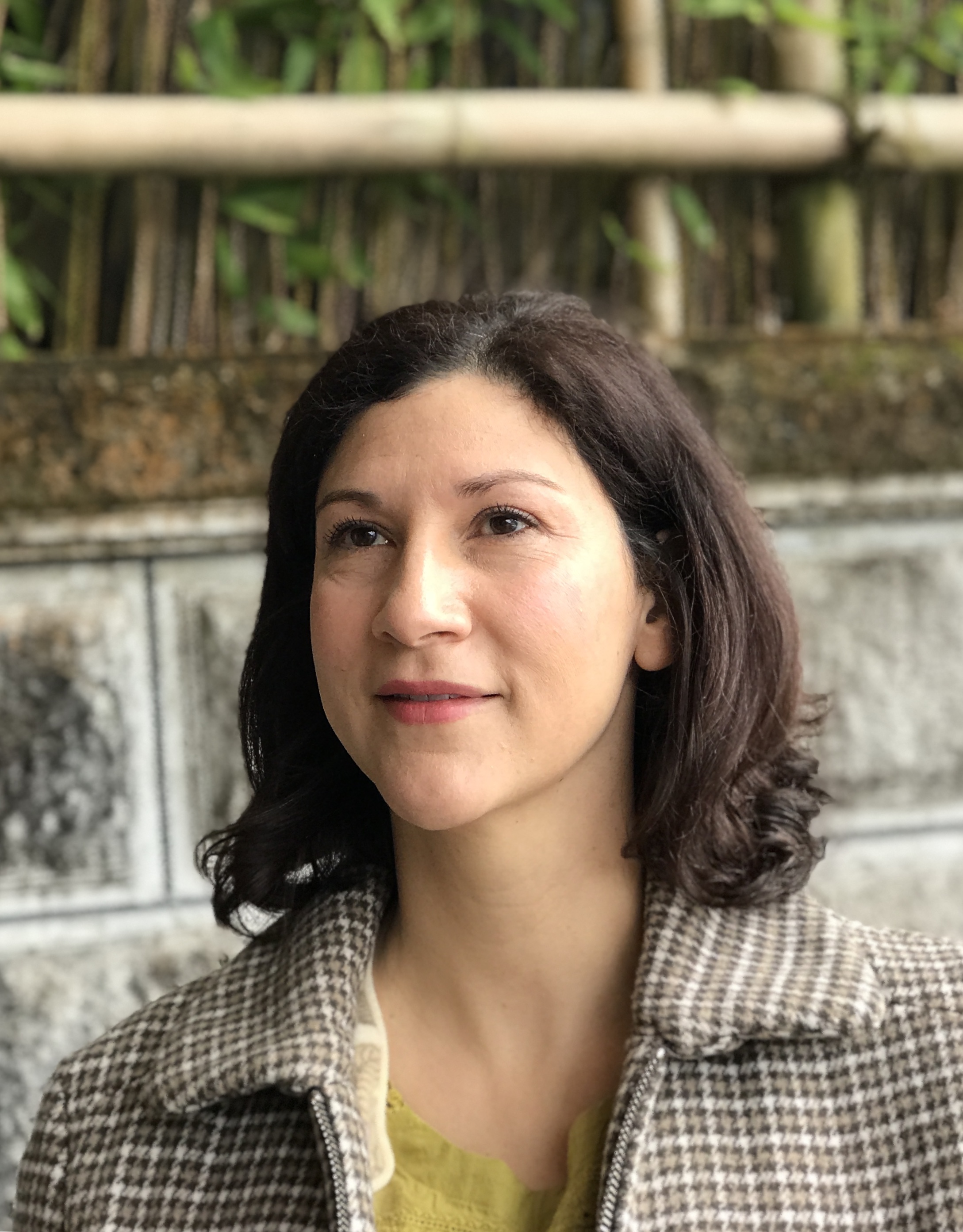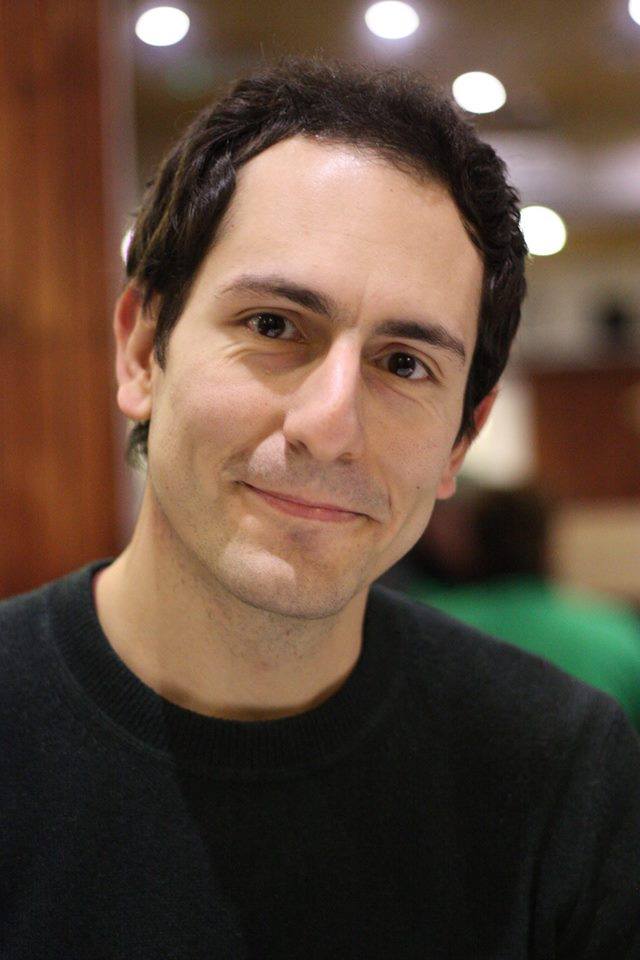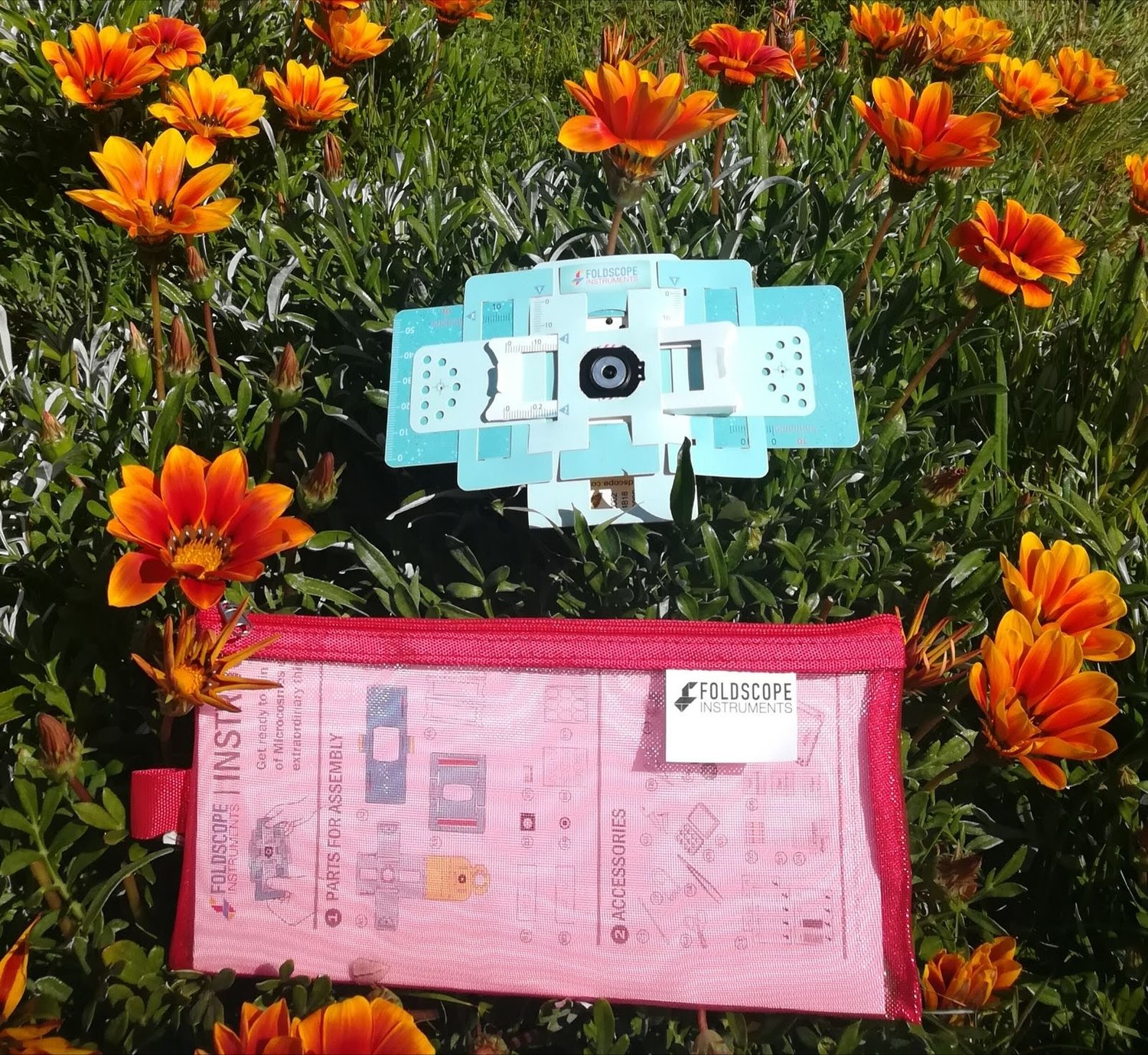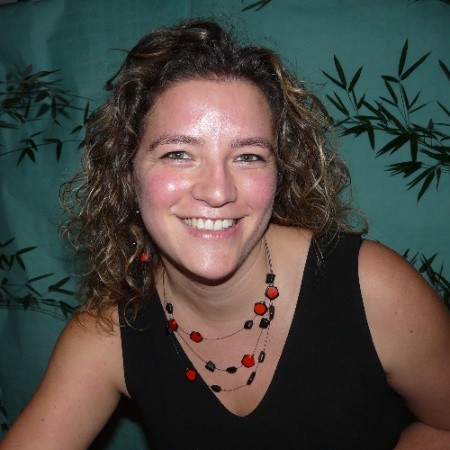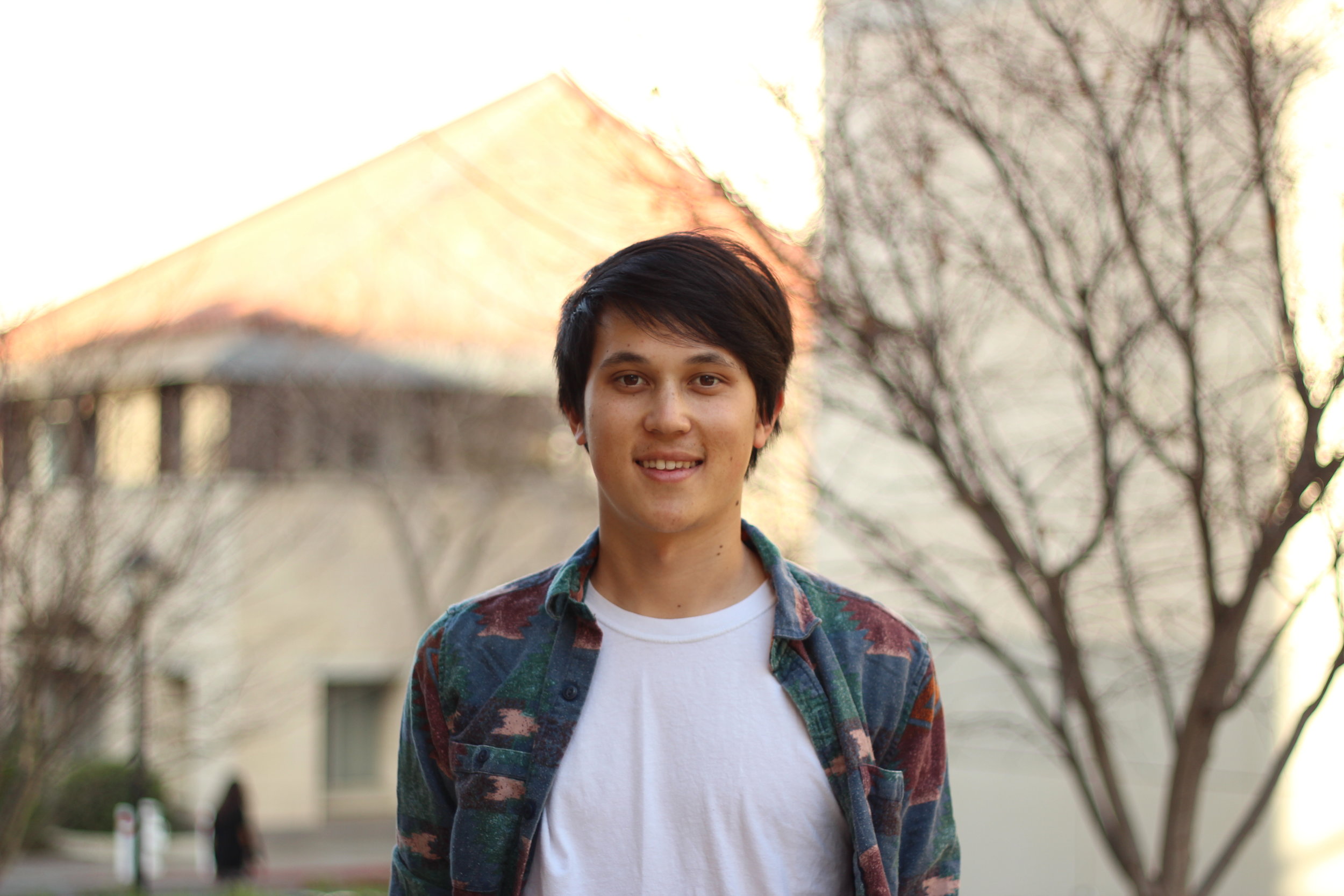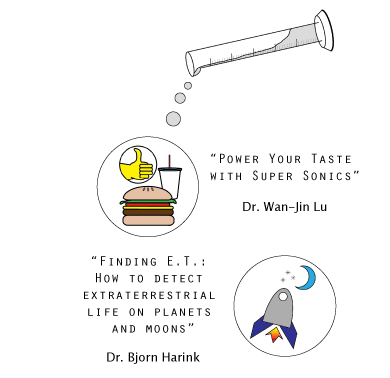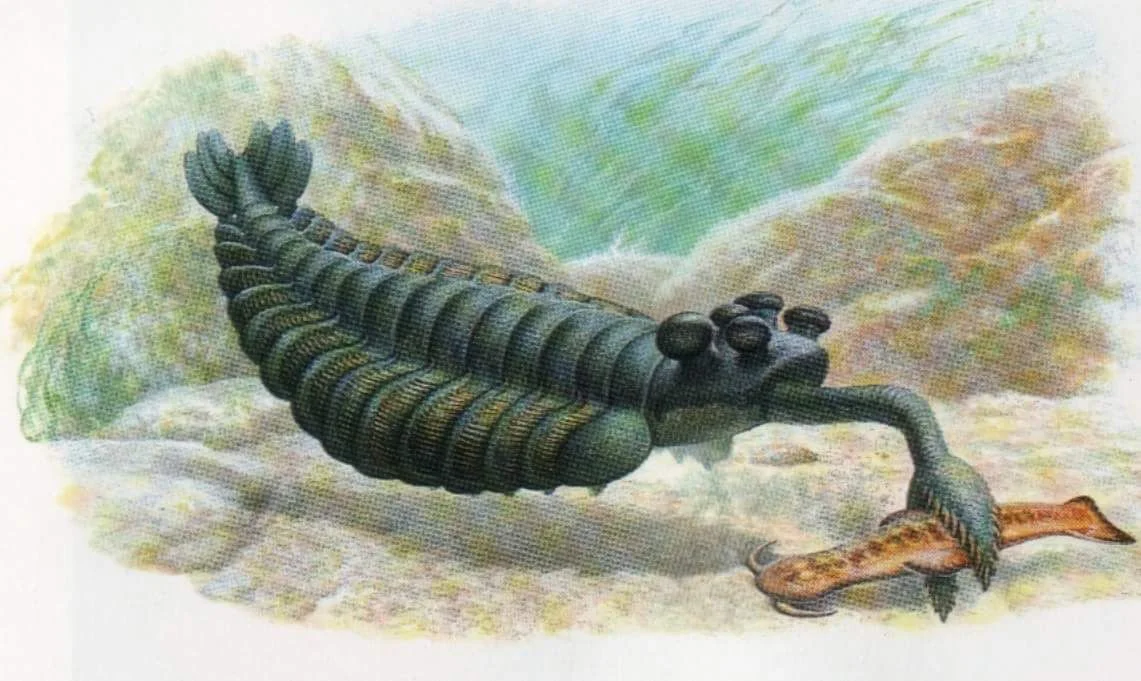
taste of science: RWC STEAM Festival
STEAM Fest on the Square's mission is to inspire San Mateo County's diverse youth to see themselves as scientists, artists, creators and inventors. We will be holding hands on booth with some brain illusions and biology through VR!
Family friendly, bring your kids!
For more details, check out https://www.steamfestivalrwc.org/
Elizabeth Seckel
Grant Writer, Stanford University
A Model, A Mannequin & A Mirror: Simple Methods to Step Outside Yourself
We often take our sense of self for granted. We do not doubt that our body is our own, or attribute our sensations to other people. Yet there are many neurological conditions and artificially contrived laboratory situations in which this very assumption can be called into question. We’ll demo some of these methods to disrupt our body image, creating out-of-body experiences easy enough to replicate at home.
João Rodrigues
Postdoctoral Researcher, Stanford University
Molecular dating and protein models
Our cells are packed with protein molecules constantly bumping into each other, and the tiniest upset to these molecular 'dates' usually spells trouble. As a computational structural biologist, I use computers to build 3D models of proteins and simulate how they move about in the cell and interact with one another. My predictions help me and others understand the way our cells work or how and why they misbehave.
Iris Oved
Founder and Executive Director, The Paradox Lab
Philosophy of Mind for Robots
Could robots ever really have thoughts? Could they ever make choices for themselves, feel love, understand words, and have conscious sensory experiences? Why or why not? Would it be good or bad if they did? We will play with a simple robot and explore these questions and more as a demo of The Paradox Lab —a non-profit center bringing philosophical inquiry to kids in the SF Bay Area.




